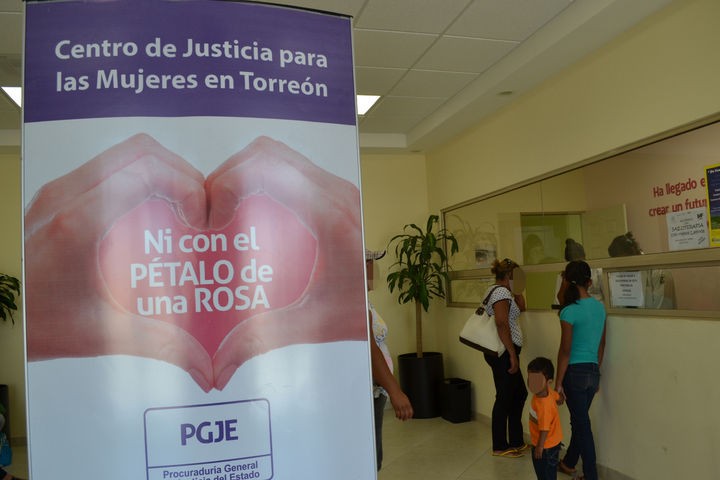Speeches Shim

June 2016—Patricia* arrived at the Women’s Justice Center in Torreon, located in Mexico’s state of Coahuila, in March 2015. She had fled a situation where her partner had become violent toward her and her family. The center helped Patricia with her divorce, and found her legal counsel and a support group. At the same time, she attended vocational education classes in jewelry making and baking.
There are currently 25 such centers in 17 Mexican states where women like Patricia receive legal assistance and victim support. The services help victims heal, provide a safe space, and include psychological counseling and job training. The centers work to both improve access to justice for victims of gender-based violence and raise awareness of violence toward women and girls. By integrating the efforts of government crime enforcement agencies and civil service organizations, the centers provide a holistic and coordinated governmental approach to gender-based violence.
USAID’s Promoting Justice program, in coordination with the Government of Mexico’s National Commission to Prevent and Eradicate Violence Against Women, provides technical assistance to strengthen the ability of the centers to provide sustained public support.
During its first year, the project helped to strengthen Women’s Justice Centers by developing strategic plans, organizational structure, and a monitoring and evaluation system. The project also produced two diploma courses on assisting victims of domestic violence under the new criminal justice system in the states of Campeche and Coahuila.
Today, Patricia is well on her way to establishing her own business thanks to the vocational training she received as part of the program.
“I am so thankful to the WJC [Women’s Justice Center] and feel fortunate to be part of their efforts because it empowered me to leave the violence of the past and build a new life.”
USAID’s five-year Promoting Justice program, which launched in January 2015, is designed to to provide support at the federal and state level to meet the deadline of the constitutional reform of 2016. The program assists selected states to pass the "point of no return" in reforming their criminal justice systems to help the U.S. and Mexican Governments to mitigate conflicts, reduce impunity, and promote a more transparent and efficient justice system.
*Full name withheld to protect privacy.
LINKS

Comment
Make a general inquiry or suggest an improvement.